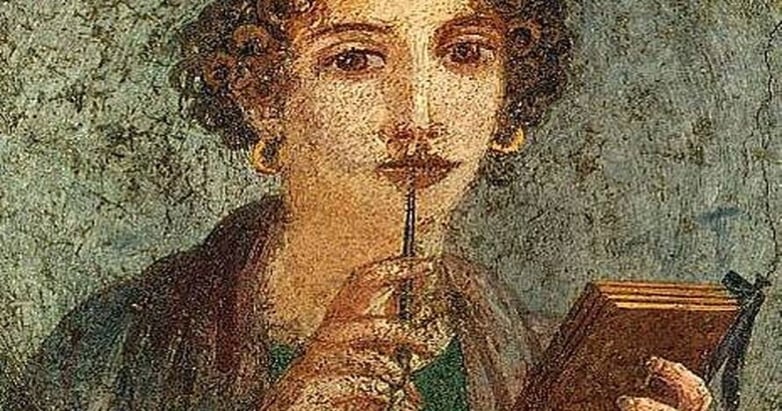On 11 September, the Assisted Dying Bill may well become UK law. The speed with which it has been rushed through to a Second Reading in Parliament, the fact that the vote will take place on a day when most MPs are in their constituencies and that it will happen just after the summer recess, suggests an agenda.
The aim of the Bill is to legalise assisted suicide by allowing doctors to prescribe lethal drugs to those who only have six months to live. On the face of it, this seems compassionate – what caring person would deny anyone in terrible pain the right to bring their own suffering to an end? But it’s never that simple. It’s the thin end of a very dangerous wedge: euthanasia without limits may be a road along which we have no intention of travelling, but travel we will, until eventually even fully available euthanasia is seen as compassionate.
Much has been written about pressure on the vulnerable sick and elderly to end their lives in order not to become a burden, but I haven’t yet found anything written about vulnerable children and young people, so here are some thoughts.
Schools do a pretty amazing job in caring for terminally ill and severely disabled children. It’s compassion in action, as part of a multi-agency service and in reaching out to suffering families. It’s also the case for children who have terminally ill parents and children who are carers for parents. We don’t measure quality of life, we just care for children who are suffering. That won’t change, but if this Bill becomes law, social attitudes certainly will, putting intolerable pressure on children and young people who are already dealing with death. Let me explain.
When abortion was legalised back in 1967, it also appeared compassionate. Nearly 50 years along that road, abortion is available on demand simply if you don’t want a child of a particular gender or the time isn’t right or because you accidentally conceived a human life that you don’t actually want to nurture. The knock on effect of that on social attitudes makes its presence felt in schools. I once spent a year teaching a child with severe learning needs in a mainstream classroom. She was told on an almost daily basis that she was just a ‘spak’ that her mother should have had aborted. Not only did this introduce her at the age of 9 to an idea that she had been protected from by her parents, it also made her question whether she should exist. What frightened me was that the children telling her didn’t see it as bullying – they just saw it as a logical conclusion. She could have been aborted, so why hadn’t she been? It was a social attitude that extended way beyond my classroom and into the homes of children who were being told that abortion was the best solution to disability and therefore one that everyone should take for the good of society.
And the same will happen for terminally ill children and carers if this Bill becomes law. Sooner or later social attitudes will dictate that a child diagnosed with a terminal illness will be told by their peers to opt for ‘assisted dying’. It will probably be the first time that suicide enters that child’s thinking, but once there, it won’t go away. Just in case you think this is unlikely, Belgium removed any lower age limit on euthanasia in 2013.
And the same will be true of children caring for a sick parent, or with a terminally ill parent. Should the parent whom they love more than anyone else in the world end it all themselves? If so, when? And what part should the child play in the decision? But it isn’t just about illness and suffering. It’s also about the value we place on our children. Our education system is no longer about growing people – as Schools Minister Nick Gibb recently reminded us, the purpose of education is growing our economy. It therefore follows quite logically that those who can’t contribute to the economy are useless, or worse, a drain on said economy. And it also therefore follows that we would be better off deleting these drains on the economy, via abortion at the start of life or euthanasia at its end.
Deleted people do, of course, have some economic value in their body parts. Dystopian? No, reality. Read this article about the sale of the body parts of aborted babies.
All of this is the outcome of our wholesale abandonment of the value of human life for its own sake. Genesis 1:27 says that we are made in the image of God. Bodies are damaged, minds are distorted and people are ill because our world is broken, but we are all still made in God’s image. King David knew this – he wrote in Psalm 139: ‘My frame was not hidden from you when I was made in the secret place, when I was woven together in the depths of the earth. Your eyes saw my unformed body’ (verse 15-16). He also went on to write: ‘all the days ordained for me were written in your book’ (verse 16). If we understand this, then life is no longer measured by its quality, or the value of its holder to the economy. Each life is special; each person made in the image of God and deserving of respect. That should be the heart of the debate. Just in case you wonder if I understand the issue, I see suffering at first hand every day and a longing for the pain to end. But if you believe, as the apostle Paul wrote, that our bodies, however broken, are a temple of the Holy Spirit, (1 Corinthians 6:19-2-) then our lives are not our own to take.
You can read more about the issue at www.care.org.uk/liveandletlive If you are a UK resident, please contact your local MP asking him to oppose the Bill.















